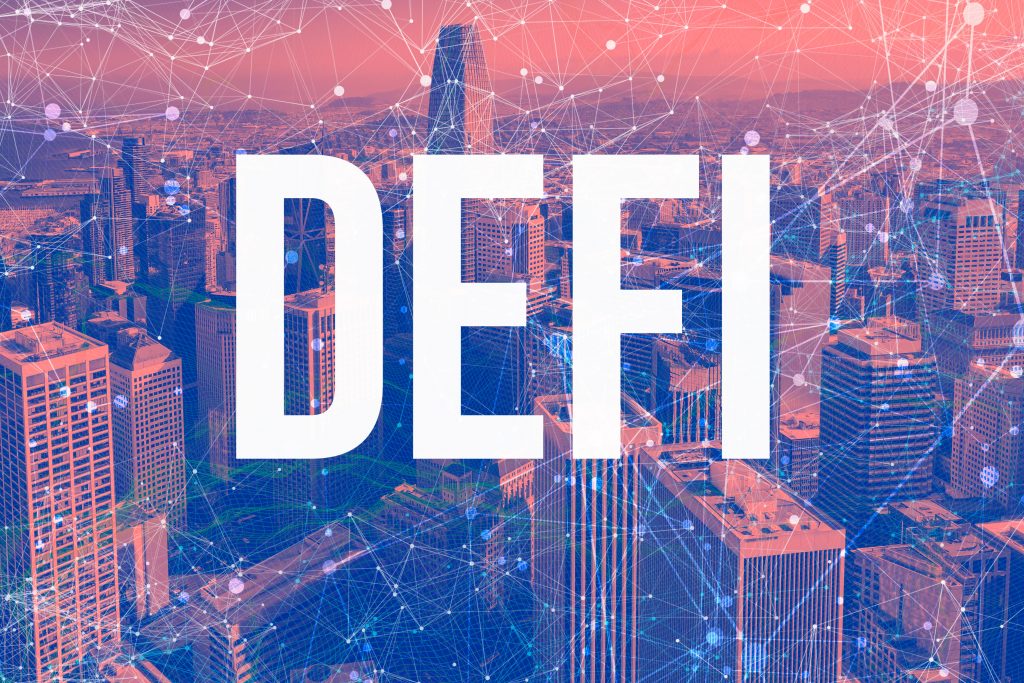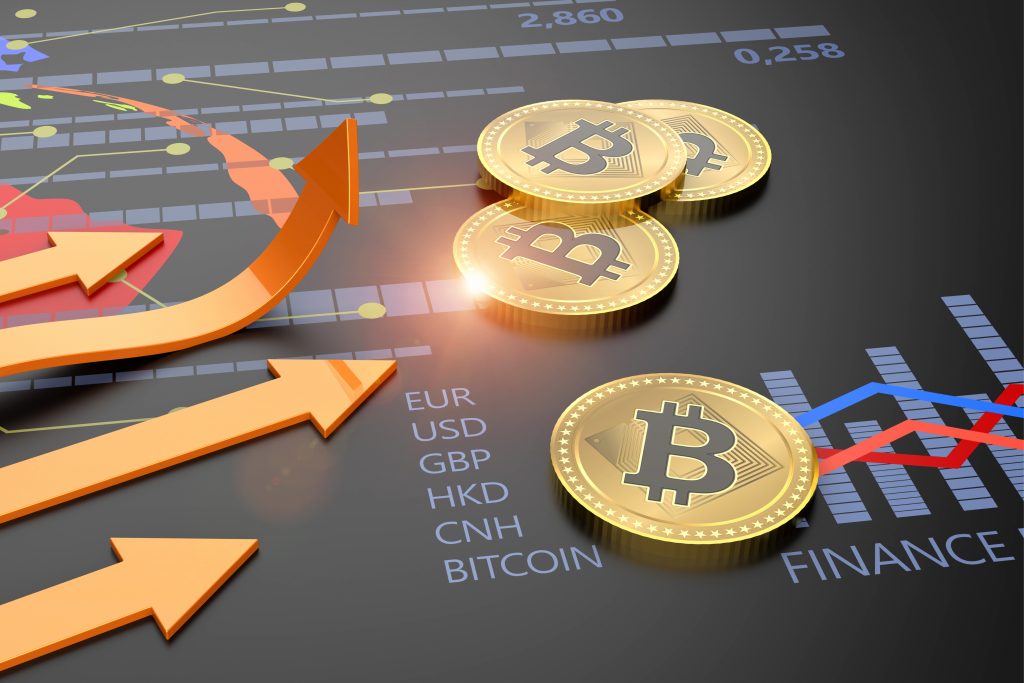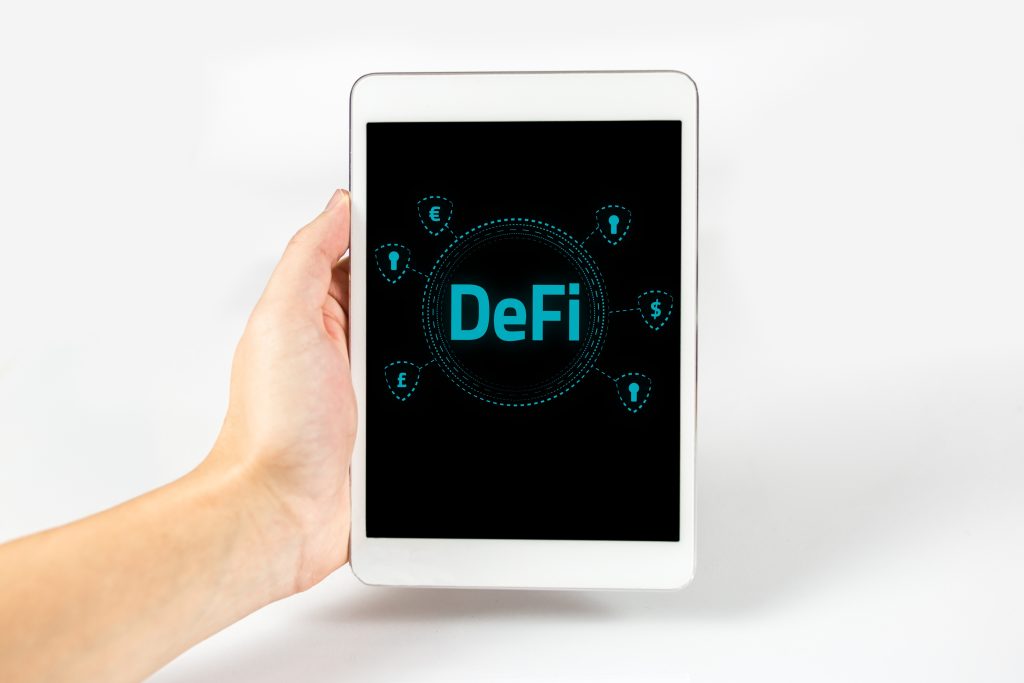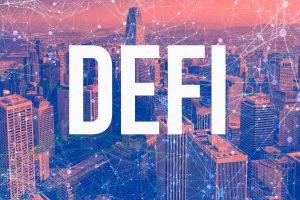Understanding DeFi: A Beginner’s Guide To Decentralized Finance
Explore the world of Decentralized Finance (DeFi), a revolutionary concept transforming traditional financial systems through blockchain.

Have you ever heard of decentralized finance (DeFi)? If not, you’re not alone. DeFi is a rapidly growing and evolving concept that is revolutionizing the way we think about traditional financial systems. But what exactly is DeFi and how does it work? If you’re a beginner looking to understand the basics of decentralized finance, you’ve come to the right place.
In recent years, blockchain technology has gained significant attention and has been applied to various industries. One of the most exciting applications is in the realm of finance, where decentralized finance has emerged as a game-changer. DeFi aims to remove intermediaries and provide financial services in a transparent and accessible manner. However, navigating this complex and rapidly evolving space can be overwhelming for beginners.
This beginner’s guide to decentralized finance will break down the key concepts, principles, and benefits of DeFi. Whether you’re new to blockchain technology or simply curious about the future of finance, this article will provide you with a solid foundation to understand and explore the world of decentralized finance. So, let’s dive in and unravel the mysteries of DeFi together.
What is Decentralized Finance (DeFi)?
Decentralized Finance (DeFi) refers to a system that aims to recreate traditional financial systems using blockchain technology. In simple terms, it is a financial system that operates without central authorities like banks, governments, or other intermediaries.
Key characteristics of DeFi include transparency, accessibility, and inclusivity. DeFi platforms use smart contracts to automate financial processes, allowing users to access various financial services such as lending, borrowing, trading, and earning interest without the need for traditional financial institutions.
The principles of DeFi are built on the concept of peer-to-peer transactions, open-source protocols, and trustless systems. It aims to provide financial services to anyone with an internet connection, regardless of their location or financial status.
One of the main attractions of DeFi is its potential to democratize finance and provide financial opportunities to underserved populations. Additionally, DeFi allows for greater financial privacy, as transactions are recorded on the blockchain but do not require personal information to be conducted.
Overall, DeFi represents a new and innovative approach to finance, challenging traditional banking systems and offering new opportunities for financial inclusion and innovation.

Benefits of DeFi
DeFi, or decentralized finance, offers numerous benefits to individuals and communities. One of the key advantages of DeFi is its accessibility and inclusivity. By removing the need for traditional financial intermediaries, DeFi allows anyone with an internet connection to access financial services and products, regardless of their location or background.
Furthermore, DeFi provides individuals with greater financial empowerment and control. Through decentralized applications, users can manage their assets, invest in various opportunities, and even earn interest without relying on traditional financial institutions.
In addition to this, DeFi also presents the potential for higher returns on investments. By participating in decentralized lending and borrowing, individuals can access competitive interest rates that may not be available through traditional banking systems.
Another benefit of DeFi is the reduction of intermediaries and fees. Without the need for middlemen, individuals can transact directly with each other, reducing costs and increasing transparency.
Overall, DeFi offers a range of benefits that can help individuals achieve greater financial freedom and control over their assets. As the technology continues to evolve, it has the potential to democratize access to financial services and empower individuals around the world.
How Does DeFi Work?
Decentralized Finance, or DeFi, is a system that aims to recreate traditional financial systems using blockchain technology. Blockchain, the underlying technology of cryptocurrencies, is a distributed and decentralized ledger that records all transactions in a secure and transparent manner.
Smart contracts play a crucial role in DeFi by enabling the execution of self-executing contracts with the terms of the agreement directly written into code. This automation removes the need for intermediaries, reducing costs and increasing efficiency.
Popular DeFi platforms and applications include decentralized exchanges (DEXs), lending and borrowing platforms, and yield farming protocols. DEXs allow users to trade cryptocurrencies directly with one another without the need for a centralized intermediary. Lending and borrowing platforms enable users to lend out their crypto assets and earn interest, or to borrow assets by using their existing cryptocurrency as collateral. Yield farming protocols incentivize users to provide liquidity to DeFi platforms by earning rewards in the form of additional tokens.
Overall, DeFi works by leveraging blockchain technology and smart contracts to create a decentralized financial ecosystem that provides users with more control over their assets and the ability to access financial services without the need for traditional financial institutions.
Common DeFi Terminology
Decentralized exchanges (DEXs) are platforms that allow users to trade cryptocurrencies directly with each other without the need for a centralized intermediary. This allows for greater privacy, security, and control over one’s funds.
Decentralized lending and borrowing refers to the practice of individuals and businesses being able to lend and borrow funds directly from each other through smart contracts, without the need for traditional financial institutions. This allows for more efficient and inclusive access to credit.
Yield farming and liquidity mining are strategies used in decentralized finance to earn rewards by providing liquidity to different DeFi protocols. This involves locking up funds in smart contracts to facilitate trading and earning fees or rewards in return.
Stablecoins play a crucial role in DeFi by providing a stable store of value and medium of exchange within the ecosystem. These digital assets are pegged to a stable asset such as the US dollar, providing stability in an otherwise volatile market.
Overall, these terms are key components of the rapidly expanding decentralized finance ecosystem, offering new opportunities for financial inclusion, innovation, and autonomy.

Risks and Challenges in DeFi
DeFi, or decentralized finance, presents various risks and challenges that participants need to be aware of. Smart contract vulnerabilities are one of the primary concerns in the DeFi space. Since DeFi applications are powered by smart contracts, any flaw or vulnerability in the code can lead to security breaches and potential loss of funds.
Furthermore, the market volatility and risks associated with different DeFi offerings also pose a challenge for participants. Due to the nascent nature of the industry, the value of assets within the DeFi ecosystem can fluctuate dramatically, exposing investors to potential losses.
Additionally, regulatory concerns and legal implications are pressing issues in the DeFi space. As the industry operates without traditional intermediaries, it raises questions about compliance with existing financial regulations and legal frameworks. Uncertainty surrounding regulatory actions and legal consequences adds complexity to the DeFi landscape.
Overall, while DeFi offers exciting opportunities for innovation and financial inclusion, participants must navigate through the risks and challenges associated with smart contract vulnerabilities, market volatility, and regulatory concerns in order to mitigate potential pitfalls in this evolving ecosystem.
Getting Started with DeFi
To start with DeFi, the first step is to set up a digital wallet. Choose a reliable DeFi platform and create an account. Look for platforms with a good reputation, user-friendly interface, and a wide range of DeFi products. When setting up your digital wallet, make sure to use strong, unique passwords and enable two-factor authentication for an extra layer of security.
When choosing a DeFi platform, consider factors such as the platform’s security measures, user reviews, and the variety of services offered. Make sure to do thorough research and read up on each platform’s security practices and history of any security breaches.
Once you have chosen a platform, it’s important to learn and implement security measures and best practices to protect your assets. This includes keeping your private keys and seed phrases secure, avoiding sharing them with anyone, and being cautious of phishing attempts and scam websites. Additionally, regularly update your software and be cautious when interacting with smart contracts and decentralized applications.

Conclusion
In conclusion, the world of DeFi offers a vast and exciting opportunity for individuals to explore and learn. With its decentralized nature, innovative financial products, and potential for financial inclusion, DeFi is changing the way we think about finance. By delving deeper into this rapidly evolving space, individuals can gain valuable knowledge and insight that can not only benefit them personally, but also contribute to the growth and development of the larger DeFi ecosystem. So, I encourage everyone to continue learning and exploring the world of DeFi, as there is much to discover and gain from this groundbreaking innovation.







